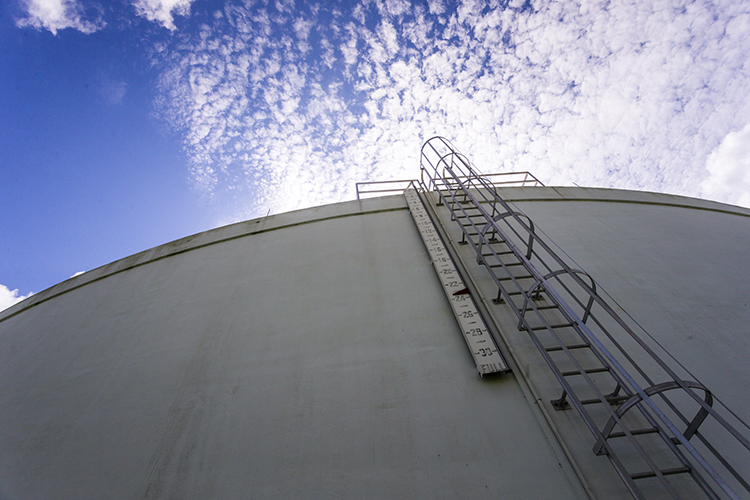
The Town of Indian River Shores seems to be laying the groundwork to take its breach of contract dispute against the City of Vero Beach to the Florida Supreme Court.
After Circuit Court Judge Janet Croom ruled in favor of Vero Beach saying there was no breach of contract, and Florida’s Fourth District Court of Appeals affirmed Croom’s ruling – a precedent which could be wielded to gut the authority of utility franchise agreements across the state – the Shores’ attorneys have petitioned for a rehearing on the matter to clarify “a matter of great public importance.”
At the crux of the dispute is a promise made in writing in October 2012 by Vero Beach to match Indian River County Utilities’ rates. The promise was made to gain competitive advantage over the county, which was also vying for the town’s utility business.
At the time, county rates were significantly lower than Vero rates for several commodities that were very important to Indian River Shores, including reuse irrigation water. All of the parties were aware that Vero had no say in how or when the county increased or reduced its rates. But Indian River Shores was an important customer to keep, so then-city manager Jim O’Connor made the deal anyway.
In 2019 when the county reduced its reuse irrigation water rates from 67 cents per 1,000 gallons to 21 cents per 1,000 gallons, Vero said it could not afford to match that rate, so the city kept the reuse rate at 67 cents per 1,000 gallons for the Shores.
Croom granted Vero its request for summary judgment, ruling in favor of the city and the town appealed. The appeals court affirmed Croom’s judgment, leaving Indian River Shores with a franchise agreement of dubious worth, to say the least, which is in effect through October 2027.
Simultaneous to the court process, the Vero Beach City Council approved a set of sweeping water and sewer rate increases which went into effect in January to fund the city’s planned wastewater treatment plant at the airport. Vero front-loaded the biggest rate increases into the first three years of the 10-year plan so Shores customers would pay a substantial share of the plant costs prior to the expiration of the town’s franchise agreement in 2027.
The Shores’ June 9 court filing cites what the town sees as inconsistencies between the 4th DCA’s ruling and previous rulings on similar matters, so the town is asking for clarification on all the disputed issues, or a re-hearing before the three-judge panel.
“Indeed, the Florida Supreme Court has recognized that a municipality’s franchise agreement with an outside utility is a ‘permissible bargained-for-exchange’ under which the utility cedes financial consideration to the municipality in return for the utility having access to the municipality’s rights-of-way, a monopoly utility franchise, and the municipality’s corresponding relinquishment of its power to provide such utility service to its citizens,” argued the Shores lawyers from Holland and Knight’s utilities division.
The City of Vero Beach is ready to accept its wins at the circuit and appeals court and move on.
City Manager Monte Falls said on Monday, “The City of Vero Beach does not believe that any clarification is needed for either of the rulings. They were clear, concise, and correct on the facts and the law. We will be filing a response to the town’s request for a rehearing. It is time to end this dispute and the needless waste of taxpayer resources.”
The Shores has until April 1, 2024, to give Vero formal notice that the town will be leaving Vero’s utility system in October 2027. That deadline was this coming Oct. 1, but due to the pending litigation last year, Vero granted the town a six-month extension to give notice.
Town officials are trying to convince Indian River County to expand its utility infrastructure to serve Indian River Shores from October 2027 going forward.



